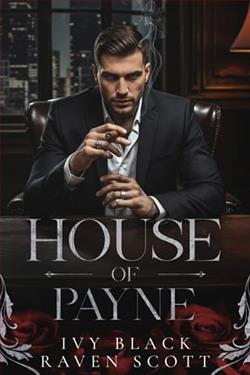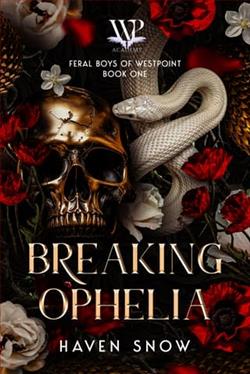Page 2 of Ancient History
Amos:Why are y’all onyourcell phones?
Julian: Chase and I have off this period. Everett?
Julian: And I haven’t heard anything about Hutch.
Chase: Same.
Chase: And when did you start using y’all? You’ve never been south of Maryland.
Amos: Y’all isn’t just for southerners. Everett, have you seen Hutch?
Everett:I’m showing my class TED Talks on YouTube to improve their public speaking skills.
Amos: Slacker.
Everett: :)
Everett:And same. No sign of him.
Okay, that settled that. I was going crazy. Maybe Iwashaving a stroke. I made sure the hall was empty before feeling my face like Dale suggested.
“The feudal system!” I yelled when I returned to class, making some of my students jump. They all had their books open, which was a better outcome than I expected.
Except for Tommy, my twenty-fifth pupil, and the one who was angling for an award for Most Disinterested Student. He was doing a bad job at hiding his phone in his lap.
“Tommy. Please put your phone away.”
He thought the rules didn’t apply to him because he was some kind of athlete. Not in my class.
The front of the class was my stage, and I happily took up the space. I was a great teacher. And Hutch Hawkins was nowhere to be found at South Rock High.
“Now can someone tell me what brought the downturn of the feudal system?”
I pointed at Rosalee and her raised hand.
“Industrialization.”
“And what did industrialization bring?”
I searched for another hand. Dale held up two fingers like he was signaling for the check.
“People moving to the cities for work?”
“Correct! Instead of being siloed on farms, people were now coming together, interacting. Cultures mixing. Knowledge being shared. Which led to innovations in technology and medicine and led us out of the so-called Dark Ages.” I raised a triumphant fist for humanity. One of the many things I loved about history was that it was one long story. The present was confusing and made no sense. Only when we looked back did we see the narrative logic of our lives.
Hutch returning and roaming the halls of our alma mater would defy every iota of narrative logic.
“Why are we learning about this?” Tommy called from the back of class, slouched so low in his chair I could only make out hair. “Who cares?”
“I beg your pardon?”
Students traded looks, preparing for a fight. As a teacher, I had to stand my ground. Class was a power struggle. I’d seen other teachers who caved to their students and were essentially doormats the rest of the school year.
“Who cares about this? It was hundreds of years ago. Who’s going to use any of this in the real world?” Tommy asked in that disaffected tone that I was certain straight guys developed at birth.
I held back from laughing. As if any of these kids really knew the real world. Sourwood was home to two pet spas and a bougie supermarket.
“Why do we think it’s important to learn about the past?” I asked the class.















